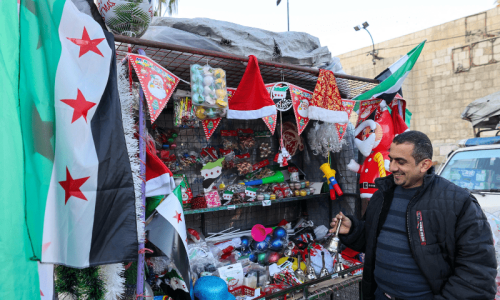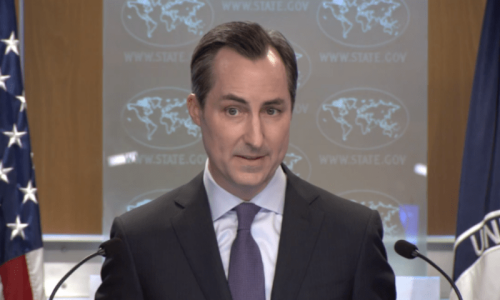TEHRAN: Sweden’s foreign minister, the latest high-level Western diplomat to visit Tehran, said on Tuesday that a comprehensive international nuclear agreement with Iran is possible within six months, media reported.
“If there is a good will on both sides a deal is possible within a very ambitious time scale of six months,” Foreign Minister Carl Bildt said during a joint press conference with his Iranian counterpart Mohammad Javad Zarif.
Iran clinched the interim deal in November with the P5+1 group – Britain, China, France, Russia, the United States and Germany – under which it agreed to curb its controversial nuclear activities in exchange for sanctions relief.
The six-month agreement, which took effect Jan 20, is intended to buy time to negotiate a comprehensive accord that would reassure Western powers that Iran's nuclear programme is entirely peaceful, as Tehran has long maintained.
“It's not going to be easy and it requires a genuine will for compromises on both sides,” Bildt said. “The benefits that are there for both sides are so obvious.”
Zarif said in Berlin that he too believed a final deal was possible within six months. Negotiations are expected to resume in Vienna on Feb 18.
Both the diplomatic breakthrough, and the election of President Hassan Rouhani, a reputed moderate, earlier last year, have led to a diplomatic thaw, with an increasing number of Western envoys and businessmen travelling to Iran.
However, Iran and Western countries are still at odds over other issues, including Iran's support for Syrian President Bashar al-Assad and regional militant groups, as well as its own human rights record.
When asked about human rights, Bildt said the two countries have “different perspectives” but hoped to move forward through “dialogue.” Zarif said last year's presidential election, in which Rouhani handily defeated more conservative candidates, showed the country's respect for human rights.
“The president has made a number of commitments during his campaign and he intends to keep his promises,” Zarif said.
Rouhani has pledged to expand political and cultural freedoms since his election in June, and in September authorities freed more than a dozen reformists, journalists and lawyers, including prominent human rights lawyer Nasrin Sotoudeh.
In November, a Canadian-drafted UN resolution welcomed Rouhani's pledges to promote greater freedoms at home, including gender equality and freedom of expression.
But it also cited abuses, including the widespread use of the death penalty as well as amputations and floggings for convicted criminals.—AFP













































Dear visitor, the comments section is undergoing an overhaul and will return soon.